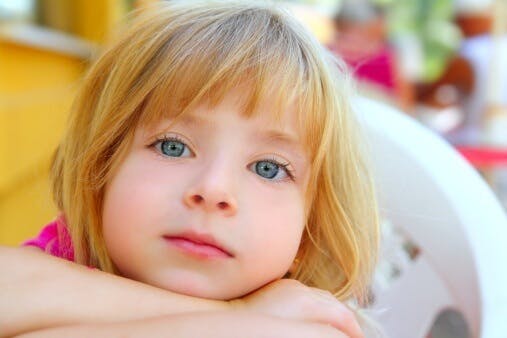Slap Cheek

Question
My daughter has slap cheek and I've heard it isn't contagious, but her day care won't let her return as long as she has the rash. Who is right?
Hillsborough, California
Dr. Greene's Answer
Slap cheek (also known as slapped cheek disease) is a common name for erythema infectiosum or Fifth Disease (the fifth childhood disease with a rash to be discovered). Caused by parvovirus B19, it is a mild illness that is most common in children between five and fourteen years of age, but it can occur in younger children and adults. Between four and fourteen days after a child is exposed, she will usually have non-specific symptoms which might include fever, headache, muscle aches, sore throat, runny nose, tiredness, tummy ache, etc. These mild symptoms usually last for two to three days, and it is during this period that the child is contagious. This is followed by a period of about one week during which most children are free of symptoms, before the rash part of the illness begins. Because there is a long period of time between the prodrome and the rash, people often don’t link the two phases in their mind.
Your daughter is in the rash phase of the illness, which usually occurs in three stages. The first stage is characterized by a bright red rash on the cheeks, which gives rise to the name slapped cheek. It is most pronounced when the child goes from a cool environment into a warm one. The second stage of the rash occurs one to four days later, with the appearance of a less intense rash on the trunk and limbs. Toward the end of this stage there is a blotchy clearing of the rash, leaving a lacy pattern. The third stage of the rash usually lasts for longer than a week and can last for a month or more. It is characterized by coming and going of the intensity of the rash. These fluctuations are most marked when the child is hot. A child can appear to be completely recovered, only to have the rash reappear when she takes a bath.
There is no specific treatment for erythema infectiosum. Occasionally the rash itches, or the joints ache. If this is the case, symptomatic treatments such as oatmeal bathes or acetaminophen can be helpful. Unless the child has an underlying blood disease or immune deficiency, she should recover spontaneously and completely.
Your daycare is right that slap cheek is quite contagious, with cases following each other by four to fourteen days, but while the rash is present, the child is not contagious at all! There should be no problem in returning to school or day care. You may want to download this and show your daycare to help alleviate this common misunderstanding. Better yet, have them send me any questions, and I would be happy to be a resource for them as well.
N.B. – Pregnant women who have been exposed to slap cheek should discuss this with their obstetrician. Most of these babies do well, but the pregnancy should be monitored.


